A feature of contemporary parenting as practiced by generations younger than mine that always tickles me is the way parents deal with temper tantrums by telling a screaming toddler, “Use your words.” It’s a pithy definition of what writers do.
This piece occurred to me as I sat around the breakfast table at a country inn in Oakmont, PA with two writer friends, Rosemary Harris and Barbara D’Amato,
 with whom I appeared at the Mystery Lovers Bookshop Festival of Mystery. It’s always great fun to schmooze with other writers, and we got to talking about what different kinds of writers do and how it’s not as easy as it looks to the people who perennially tell writers, “I’ve got a great idea, why don’t you write it and we’ll split the profits.”
with whom I appeared at the Mystery Lovers Bookshop Festival of Mystery. It’s always great fun to schmooze with other writers, and we got to talking about what different kinds of writers do and how it’s not as easy as it looks to the people who perennially tell writers, “I’ve got a great idea, why don’t you write it and we’ll split the profits.”I’ve done a significant amount of writing in four distinct genres, or five if you count short stories separately for novels: fiction, poetry, songwriting, and academic or professional writing—six if you count blogging, which I consider a form of journalism, though for some bloggers it’s rather a form of journaling, not at all the same thing.
As someone said at breakfast, it’s marvelous that there are so many words in the English language that each writer comes up with something unique on any given theme. Aspiring fiction writers don’t always realize this. Newcomers sometimes worry that if they send their manuscripts out to agents and editors, these professionals may steal their uncopyrighted material. I’m told this sometimes happens with movie pitches in Hollywood, but it makes veteran novelists laugh.
One, there are proverbially only seven original plots.
Two, the ideas are the easy part: imagination, craft, organization, and perseverance in putting the words on paper (or on screen) are what distinguishes the writer from the wannabe. (Note that this pejorative term becomes less ugly when defined by the writer’s ability to follow through and complete a work, not by publication status.)
Three, I've met at least one writer who expressed concern that his manuscript, also about a recovering substance abuser in lower Manhattan, might coincidentally be too similar to Death Will Get You Sober. I assured him it didn't worry me. I believe someone else has about the same chance of coming up with my characters, my dialogue, and my voice as those monkeys who are supposed to type Shakespeare’s plays if they keyboard long enough.
Poetry, a craft I’ve been practicing for more than thirty years, allows the individual writer to create a unique work by using fewer rather than more words. The challenge is to tell a story (or paint a word picture, depending on what kind of poem one writes) in 100 to 200 words if it’s a typical free verse one-page lyric poem, in seventeen syllables (three lines divided five-seven-five) if it’s a haiku.
Song lyrics are often equated with poems, but in my experience, the crafts of songwriting and writing poetry are distinct. Without demonstrating it here, I can assert with confidence that I can pair songs and poems I’ve written on a single theme—alcoholism, love lost or found, and death, for example—in which I address the theme in two entirely different voices and ways of using words. The power of good songwriting is not only that, like poetry, it’s condensed, but that it expresses what the writer wants to say not in the most original words but in the simplest and most basic words of one and two syllables, while managing to give this simplicity a fresh twist and depth of emotion that can move listeners in much the same way as a poem moves hearers or readers.
In contrast to all of these storytelling genres, professional writing requires the writer to use specialized language—a jargon or, more kindly, idiom—with a precision that will make it perfectly comprehensible to any colleague in the same profession—and do so without telling any stories at all that aren’t true.




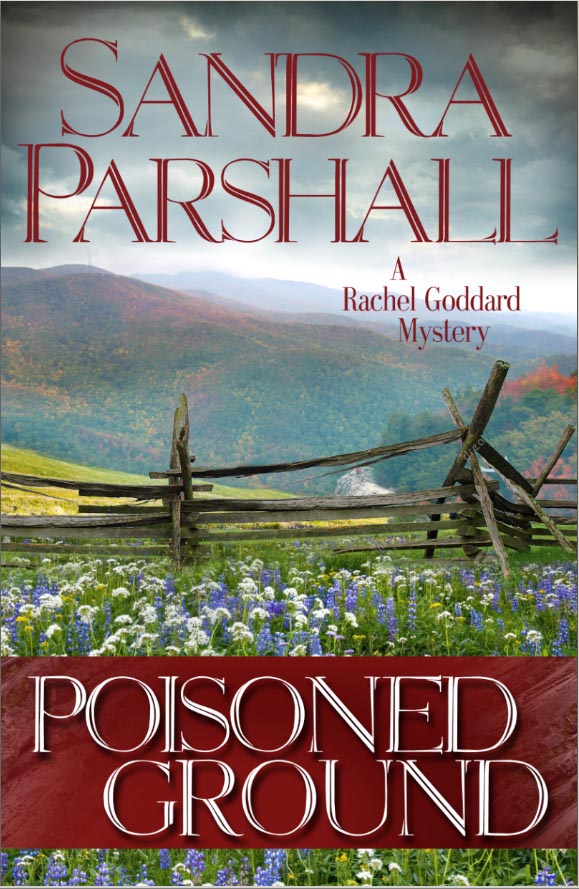
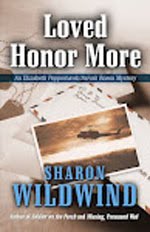
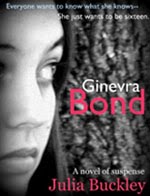
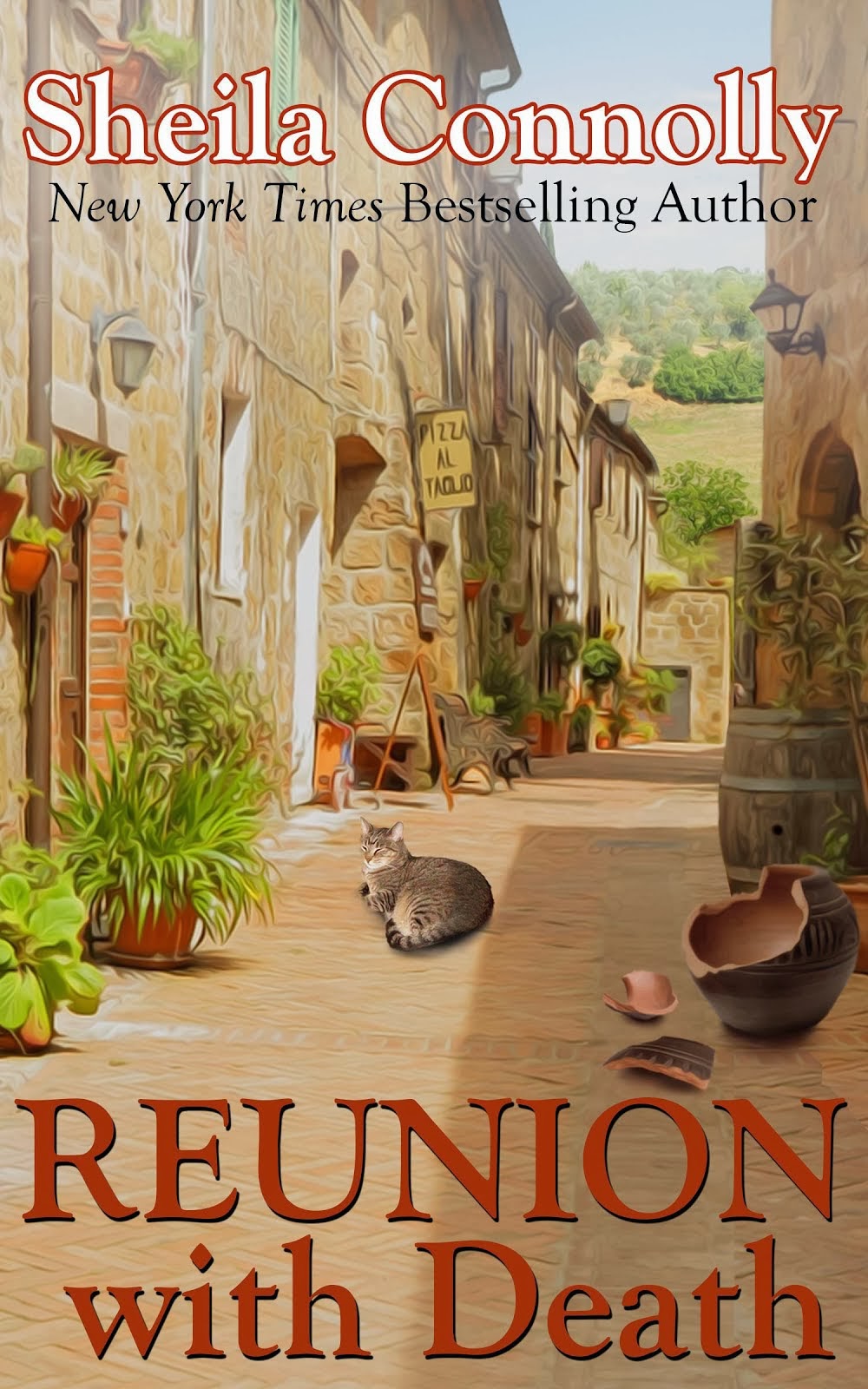
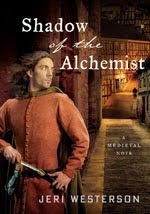

1 comment:
Festival of Mystery comes and goes too quickly, sandwiched in between Malice and the Edgars.
Our road trip was fun - but next time no stopping for beige food in the Family Restaurant!
Ro
Post a Comment